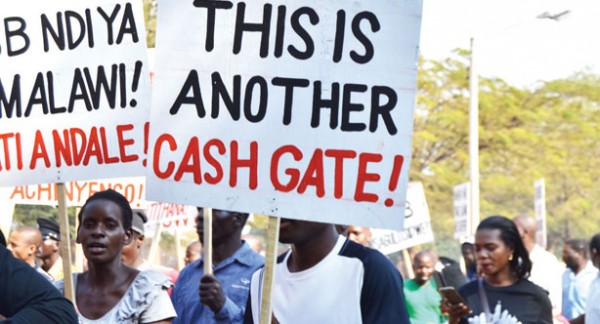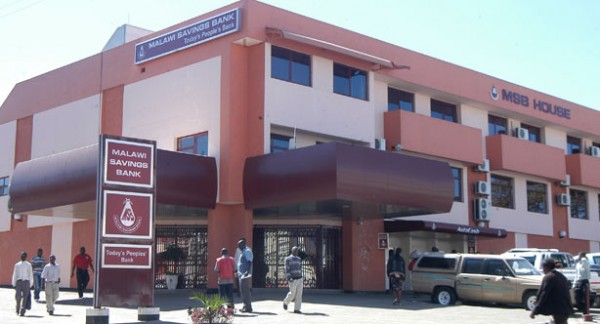Government has gone ahead to sale the wholly State-owned Malawi Savings Bank (MSB) after posting a pre-tax profit of K2.5 billion (US$6 million) between January and May 2015.

MSB Bank post profits
Malawi Congress Party (MCP) claimed on Wednesday that government have secretly proceeded to sale the bank to the only bidder FDH Financial Holdings Limited of Thom Mpinganjira, a move which parliamentarians described as an “epic swindle.”
Public outcry and parliament forced President Peter Mutharika to suspend the sale of MSB which had reportedly been weighed down by bad loans.
But MCP spokewswoman Dr Jessie Kabwila told a news conference in Lilongwe that the bank has been placed on sale despite the resistance from many stakeholders, accusing the DPP government of practising “executive arrogance.”
The opposiiton also argued that with over 70 branches countrywide, MSB was the only bank which covered most rural areas, where over 80 percent of Malawians live. They said selling it would deprive these Malawians of banking services.
Meanwhile, published reports indicate MSB has posted a 221 percent increase compared to the same period last year when profit before tax was K773 million (US$2 million).
The bank’s unaudited management accounts ending May 31 2015, show that MSB has made a consolidated pre-tax profit of K2.5 billion against a budget of K1.1 billion (US$2.4 million), beating the target by 126 percent, The Nation reported on Wednesday July 1, 2015
The MSB management accounts report also show that MSB Forex Bureau, a wholly owned subsidiary of the bank, made a pre-tax profit of K186.4 million (US$414 222) against a budgeted pre-tax profit of K228.4 million (US$507 556).
Citing a bank source, the paper said in the past five years the bank only made a loss of K1.9 billion in 2014.
Abel Mwanyungwe, an economics lecturer at the Polytechnic—a constituent college of the University of Malawi, told the paper that using any pricing model, the K4.4 billion being quoted for MSB was an under-valuation and it was of no value to the shareholder.
Mwanyungwe, described by The Nation as a respected business and financial journalist before going to the academia, also said government’s argument that the State cannot run commercial entities and banks is not backed with any scientific and empirical evidence.
He said: “We may use both legal and political instruments, especially political leadership to prevent political parties from abusing national assets. Secondly, we need to carry a sober and independent evaluation of how best we can bring back sanity in the way we manage public assets. In my view, selling MSB cannot be the only viable solution.”
MSB has 74 points of representation across the country with a workforce of about 600.